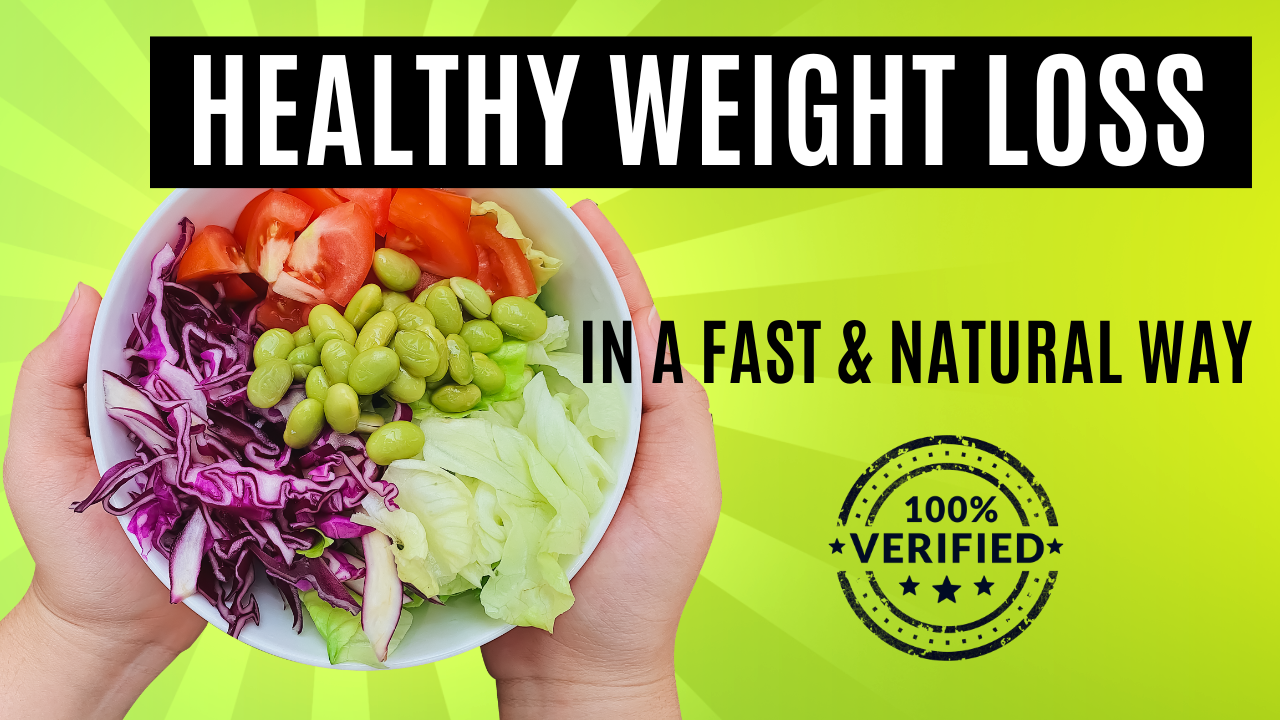Healthy weight loss is a journey that requires a combination of a nutritious diet, regular exercise, and a positive mindset. This article aims to provide insights into achieving weight loss naturally and sustainably, focusing on methods that promote overall health and well-being.
Understanding Healthy Weight Loss
The first step towards healthy weight loss is understanding what it means. It’s not just about shedding pounds but doing so in a way that benefits your overall health. Healthy weight loss is gradual, typically around 1-2 pounds per week. This pace ensures that you lose fat, not muscle, and gives your skin time to adjust, reducing the likelihood of sagging skin.
Balanced Diet: The Cornerstone
A balanced diet is crucial. It should include:
– Whole Foods: Focus on whole grains, lean proteins, healthy fats, fruits, and vegetables. These foods are not only nutritious but also help you feel full longer.
– Portion Control: Pay attention to portion sizes to avoid overeating.
– Hydration: Drinking plenty of water aids digestion and metabolism.
– Reducing Processed Foods: Minimize intake of processed foods, sugary drinks, and high-sodium snacks.
Regular Physical Activity
Exercise is a vital component of any weight loss plan. It helps burn calories, builds muscle, and boosts metabolism. Aim for at least 150 minutes of moderate aerobic activity or 75 minutes of vigorous activity per week, along with strength training twice a week. Activities can include walking, running, cycling, swimming, or any other form of exercise that you enjoy.
Mindful Eating
Mindful eating involves being fully aware of the eating experience. Pay attention to the taste, texture, and aroma of your food. Eat slowly and without distraction, and learn to recognize when you’re full. This practice can prevent overeating and help you enjoy your meals more.
Getting Adequate Sleep
Lack of sleep can interfere with the body’s hunger hormones and could lead to overeating. Aim for 7-9 hours of quality sleep per night to support your weight loss goals.
Stress Management
Stress can lead to emotional eating and weight gain. Find stress-relief methods that work for you, such as yoga, meditation, or deep breathing exercises.
Setting Realistic Goals
Set achievable and realistic weight loss goals. Small, attainable goals keep you motivated and make the journey less overwhelming.
Seeking Support
Weight loss can be challenging, so don’t hesitate to seek support. This could be from family, friends, a dietitian, or a fitness coach. Having someone to share your journey with can make a significant difference.
Listening to Your Body
Pay attention to your body’s signals. If a particular diet or exercise regimen doesn’t feel right, it’s okay to adjust. What works for one person may not work for another.
Consistency is Key
Finally, consistency is crucial. Sustainable weight loss is a long-term commitment. There will be ups and downs, but staying consistent with your diet and exercise regimen will yield results.
In conclusion, healthy weight loss is about more than just losing weight; it’s about making lifestyle changes that improve your overall health. By eating a balanced diet, exercising regularly, practicing mindful eating, ensuring adequate sleep, managing stress, setting realistic goals, seeking support, listening to your body, and being consistent, you can naturally achieve and maintain a healthy weight. Remember, the journey to weight loss is a marathon, not a sprint. Patience and perseverance will lead you to success.
If you want to know the best way to lose weight fast and naturally, check out this link:
https://offers.nourishandbalancelife.com/healthy-weight-loss
Wishing you a healthy and balanced life!
YouTube version:


